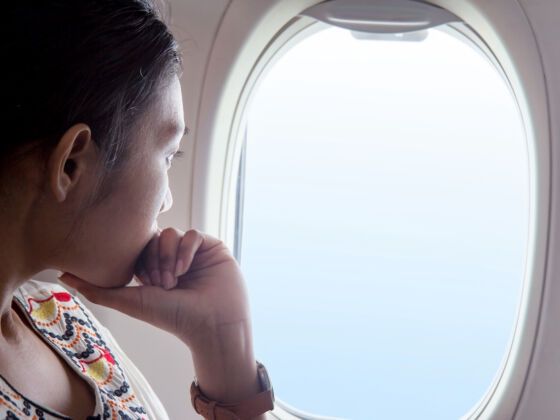A few minutes earlier I had let her cut in front of me at the ticket counter because I felt uncomfortable with her standing so close. In Chile you have to stand on top of the person in front of you or others think you’re not really standing in line, just sort of checking it out.
My body felt weak and unstable teetering under the weight of my backpack. I was recovering from carbon-monoxide poisoning in Castro.
